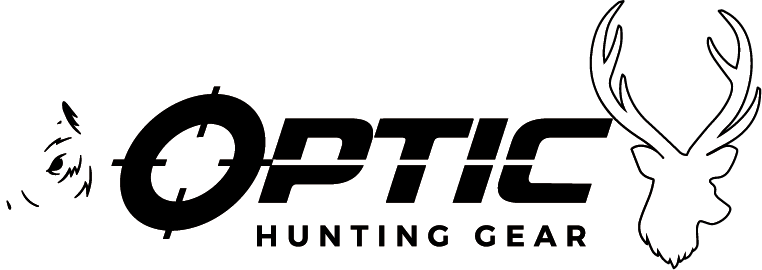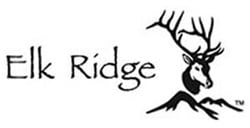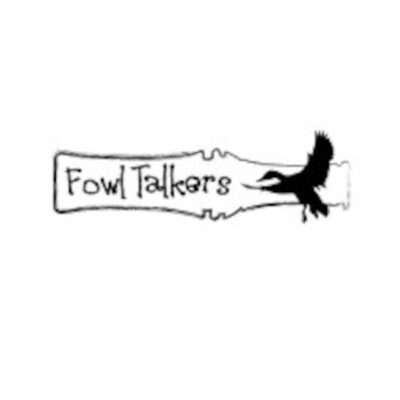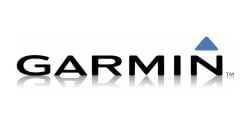Tracking collars offer numerous benefits when used on hunting dogs. These collars are designed with advanced technology that enhances the hunting experience and provides valuable information to both hunters and dog owners.
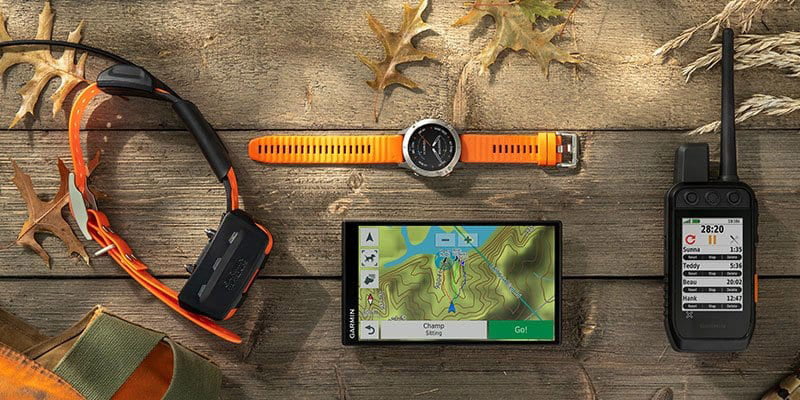
Here are some key advantages of using tracking collars:
- Enhanced Safety: Hunting dogs can travel km to chase, catch, bail or point Game with GPS and radio frequency technology enable hunters to locate their dogs quickly and accurately. This feature ensures the safety of the dogs by reducing the time for the hunter to reach the dogs risk of them getting injured or pushing to far. Long Range Antennas can be a one of many key benefits of getting more distance from you tracking collar.
- Efficient Game Retrieval: Tracking collars enable hunters to track the location of their dogs in real-time, making it easier to follow their progress during a hunt. This capability enhances the efficiency of game retrieval as hunters can precisely pinpoint the location of game based on their dog’s movements. This leads to more successful and humane hunts.
- Remote Monitoring: Many modern tracking collars come with smartphone or computer compatibility, allowing hunters to remotely monitor their dogs’ location and activities. This feature is particularly useful when hunting in thick steep country or challenging terrain where visibility is limited. Hunters can keep track of their dogs’ movements and make informed decisions accordingly.
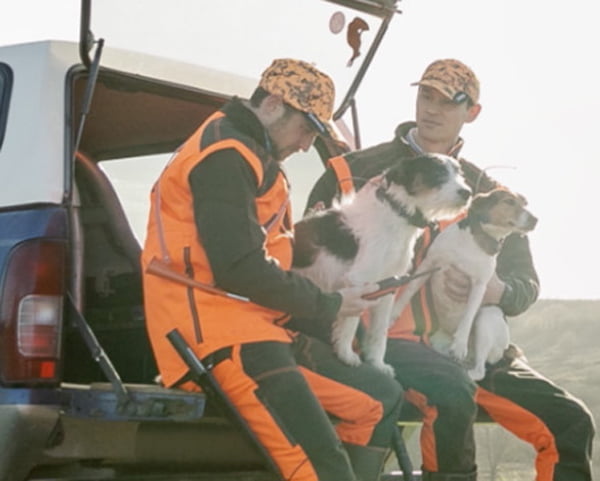
- Training Aid: Tracking collars can serve as valuable training aids for hunting dogs. They can be used to reinforce commands and boundaries during training sessions. If a dog deviates from its designated area, the collar can emit a tone or vibration to signal the dog to return. This helps in reinforcing discipline and obedience, improving the overall performance of the hunting dog.

- Data Collection: Some tracking collars have the capability to record and store data on the dog’s activity, such as distance covered, speed, and even heart rate. This data can provide valuable insights into the dog’s performance, health, and overall fitness. It allows hunters to track the progress of their dogs over time and make informed decisions regarding their training and hunting strategies.
In conclusion, tracking collars provide numerous benefits for hunting dogs. They enhance safety, improve game retrieval efficiency, offer remote monitoring capabilities, aid in training, and enable data collection for performance evaluation. These collars are invaluable tools that not only improve the hunting experience but also ensure the well-being and performance of hunting dogs.
